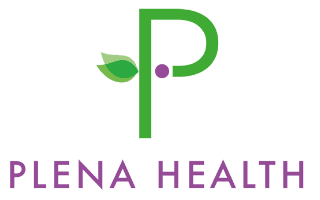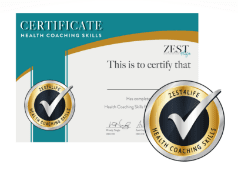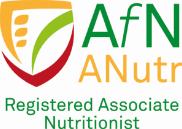How we work
A nutrition-led approach to enjoying optimal hormonal health
Let food be your medicine
For years, women have been short-changed by traditional medicine when it comes to their reproductive health. The go-to remedy for issues with periods, conception, pregnancy and menopause is usually to take a pill.
It’s not surprising. There’s a consensus in society that because we have put up with these problems since the beginning of time, we just have to grin and bear it.
Doctors generally only get involved when the pain, distress and disruption to our lives becomes too much to bear. And naturally, their default response is to medicate (trainee doctors only receive around three hours of teaching about nutrition).
Understanding how metabolic flexibility can support your hormonal health and, in turn, how good nutrition can regulate your hormones, can literally change your life.
Understanding your hormones
OESTROGEN
Oestrogen:
Progesterone
Progesterone:
TESTOSTERONE
Testosterone:
CORTISOL
Cortisol:
INSULIN
Insulin:
The importance of good nutrition for hormonal balance
All women are different and genetics, biology, lifestyle and overall health play a large part in determining how we react to hormonal challenges. A poor diet is a major contributor to hormonal imbalance, along with lack of sleep, stress and environmental toxins.
Difficulties with periods, infertility and pregnancy disorders are all indicators of future long-term health concerns. If your body is working optimally, trouble free periods should be the norm.
Treating the symptoms without getting to the cause and changing the trajectory your body is on, is the ‘sticking plaster’ solution. Perimenopause and menopause is the danger time for type 2 diabetes, cardiovascular disease and cancer, as the protective effect of your reproductive hormones decreases. Getting your body on track as soon as possible can make all the difference to your future health.
Good food, bad food?
Most weight-loss diets categorise food based on whether it helps you lose weight or not. That’s not the same as whether the food is good or bad for your body, your health and wellbeing, your mental state or your reproductive cycle.
Food is fuel. It keeps you going, for sure. But like any well-oiled machine, the wrong type of fuel can cause damage.
Food is also medicine. The right nutrients can help rebuild and repair functions and processes that have gone wrong or aren’t working properly.
Our approach includes a personalised nutritional assessment with physical tests to assess body composition, metabolic flexibility, gut health and liver health. Depending on individual circumstances, we may also recommend assessment of biological markers using blood & urine tests.
This gives us an accurate picture of your diet quality and helps us identify macronutrient imbalance, vitamin and mineral deficiencies.
The result is an accurate profile of your unique nutritional health status that helps us create a personalised, sustainable nutrition plan that uses real food to support optimal hormonal health.
We don’t just talk the talk…
Both Yvonne and Danielle have been where you are now. We’ve experienced debilitating menstrual cycles that have led to other health issues. We know what it means to go through the peri-menopause and menopause, with its 30+ symptoms.
Our aim is to ensure other women don’t have to go through that, by educating and supporting you to change your life for the better. Not only your life – the life of your family, too. Any eating plan we recommend will be practical and doable, and fit in with your and your family’s lifestyle. Danielle has three children and knows only too well how important it is that food is not only real, nourishing and filling, but also enjoyable for everyone.



